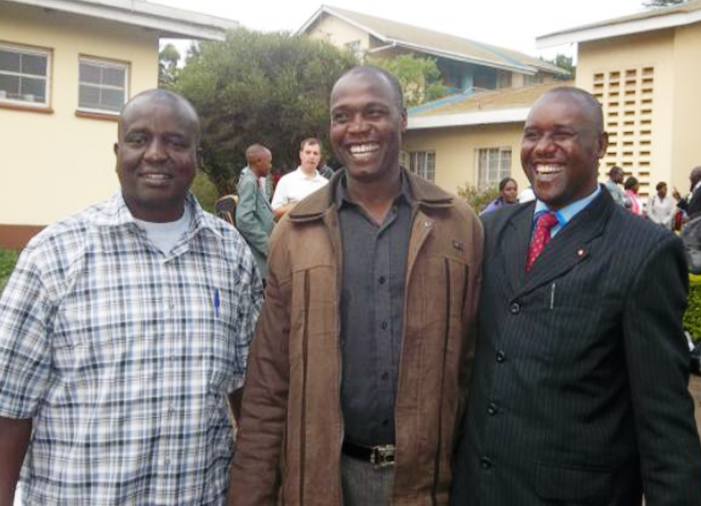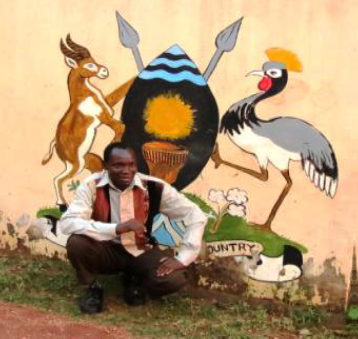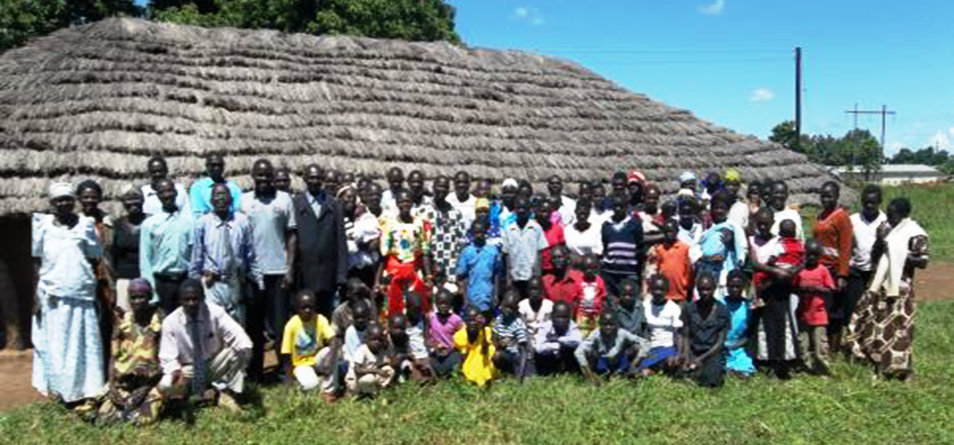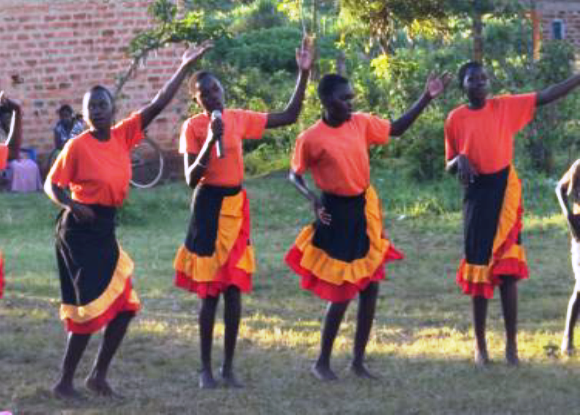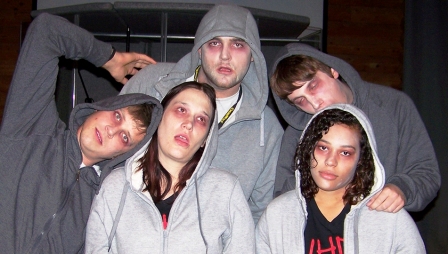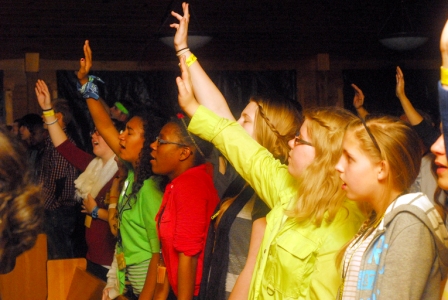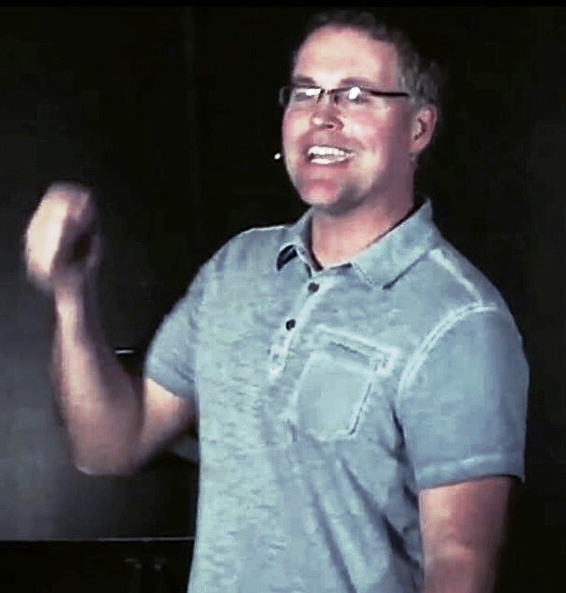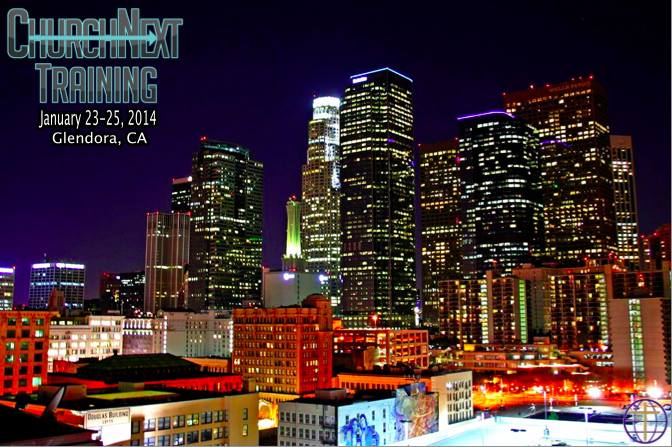Dear Brothers and Sisters in Christ,
 As you know, Nelson Mandela died last week at age 95. He led the black majority in the Republic of South Africa in a long struggle to cast off the oppressive rule of the white minority with its evil policy of apartheid (racial segregation). When Mandela became his country’s first black president, he refused to call for revenge against the oppressors, becoming an international symbol of the power of forgiveness.
As you know, Nelson Mandela died last week at age 95. He led the black majority in the Republic of South Africa in a long struggle to cast off the oppressive rule of the white minority with its evil policy of apartheid (racial segregation). When Mandela became his country’s first black president, he refused to call for revenge against the oppressors, becoming an international symbol of the power of forgiveness.
Though far from perfect, South Africa is a much better place because of Nelson Mandela. For some helpful perspective on his life and legacy, I recommend “Nelson Mandela and the Ironies of History,” an article by Albert Mohler posted online at www.albertmohler.com/2013/12/07/nelson-mandela-and-the-ironies-of-history/.
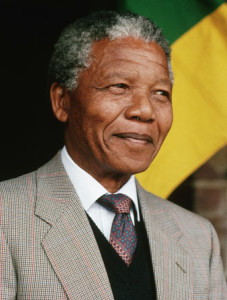
Mandela was unusual in that his struggle for freedom and equality did not lead to an early grave, though he suffered many long years “buried” in prison. Others who espoused non-violent resistance to oppression met violent deaths—Gandhi and Martin Luther King, Jr. spring immediately to mind. These were imperfect men, but their lives eventually made a significant difference for the cause of peace.
And of course, none can compare to Jesus of Nazareth who has the title, “Prince of Peace.” His life was perfect. He brings us God’s own peace, a peace that this world can never give.
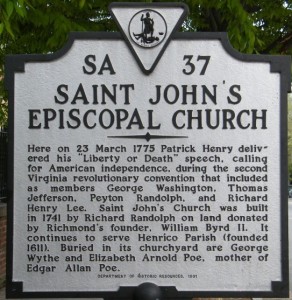 The urge to be free is a strong drive in human beings. Last month Curtis May and I visited GCI’s Richmond, Virginia congregation for their 50th church anniversary. Pastor Bill Winn and Elder Chip Brockmeier arranged for us to visit historic St. John’s Episcopal Church where delegates from Virginia met in 1775 for the second time and Patrick Henry made his famous speech in which he said, “Give me liberty or give me death!”
The urge to be free is a strong drive in human beings. Last month Curtis May and I visited GCI’s Richmond, Virginia congregation for their 50th church anniversary. Pastor Bill Winn and Elder Chip Brockmeier arranged for us to visit historic St. John’s Episcopal Church where delegates from Virginia met in 1775 for the second time and Patrick Henry made his famous speech in which he said, “Give me liberty or give me death!”
As I enjoyed the visit to that historic church, I thought about the choice made there that resulted in the Revolutionary War, in which so many died. But that is the result when we make the choice—liberty or death.
As Christians, we celebrate a different kind of revolution—one planned from the foundation of this unhappy, fallen world. That revolution, on behalf of Adam, Israel and all humanity, was brought about by the Incarnation, through which Jesus embraced us all in our fallen brokenness. In doing so, he in himself resolved the conflict, giving humanity new life. As Thomas F. Torrance wrote in When Christ Comes and Comes Again:
Far from being rebuffed by the disobedience and rebellion of man, the will of God’s love to see and create fellowship with man established the covenant of grace in which God promised to man in spite of his sin to be his God, and insisted on binding man to Himself as His child and partner in love. God remained true and faithful to His covenant. He established it in the midst of the people of Israel, and all through their history God was patiently at work, preparing a way for the Incarnation of His love at last in Jesus Christ, that in and through him he might bring His covenant to complete fulfillment and gather man back into joyful communion with Himself.
Patrick Henry laid a choice before the Virginia delegates when he said, “Give me liberty or give me death!” That is still the choice offered by the multitude of “freedom fighters”’ in our world today. Sadly, the result in most cases is death followed by the establishment of a different type of tyranny. So often, today’s freedom fighters become tomorrow’s oppressors and their “freedom” ends up being another form of bondage.
“Liberty or death” is not the choice that Jesus offered. In fact, it wasn’t even an offer, or a choice. Jesus does not say “I am come that they might have a choice of death or freedom.” He says, “I am come that they might have life, and that they might have it more abundantly” (John 10:10, KJV).
The liberty that Jesus gives us is not something we gain by armed struggle, or even passive resistance. It is God’s gift of loving reconciliation with God and with others that we cannot obtain in any other way except through the life, death, resurrection and ascension of Jesus.
Your brother in Christ,
Joseph Tkach


